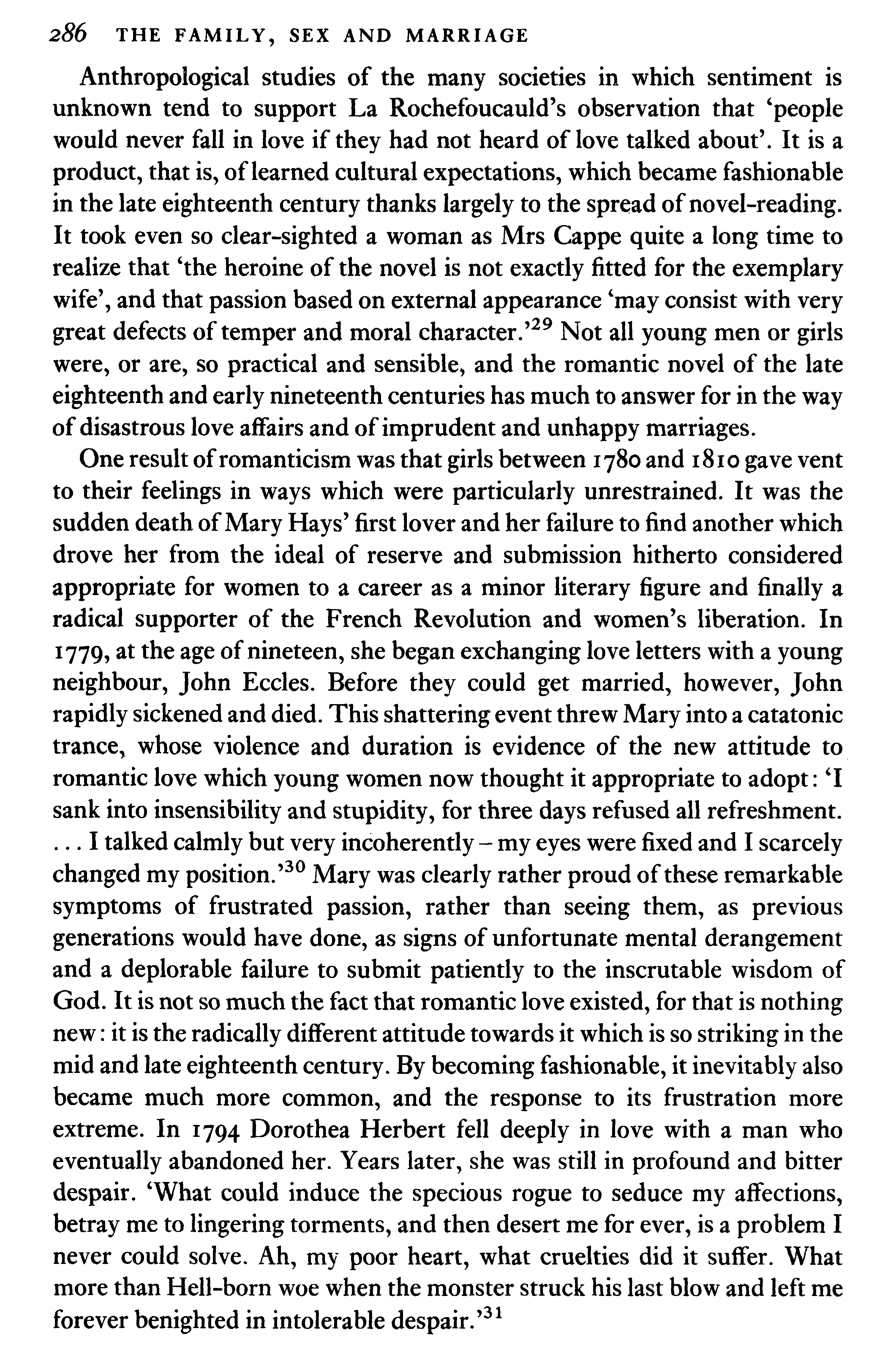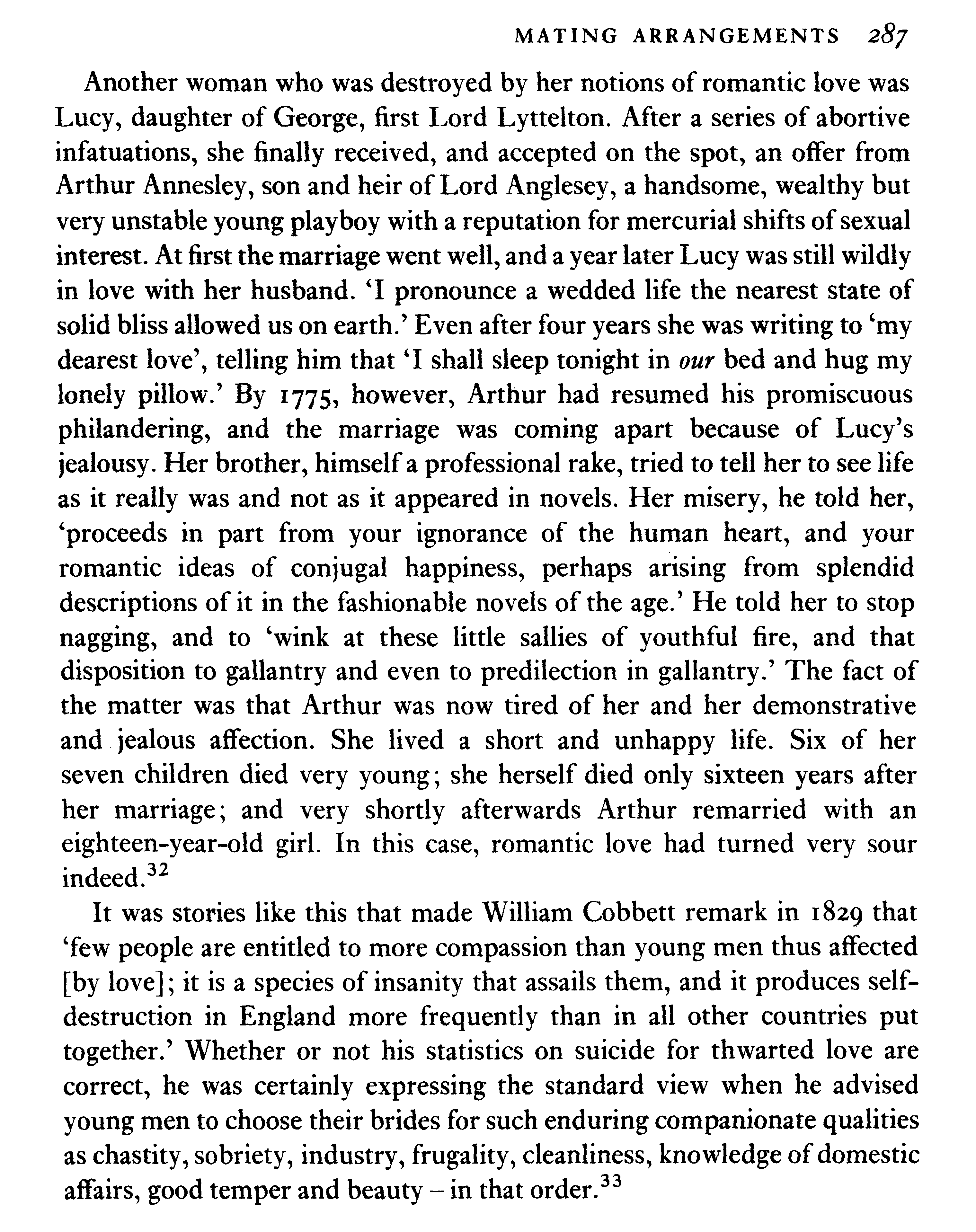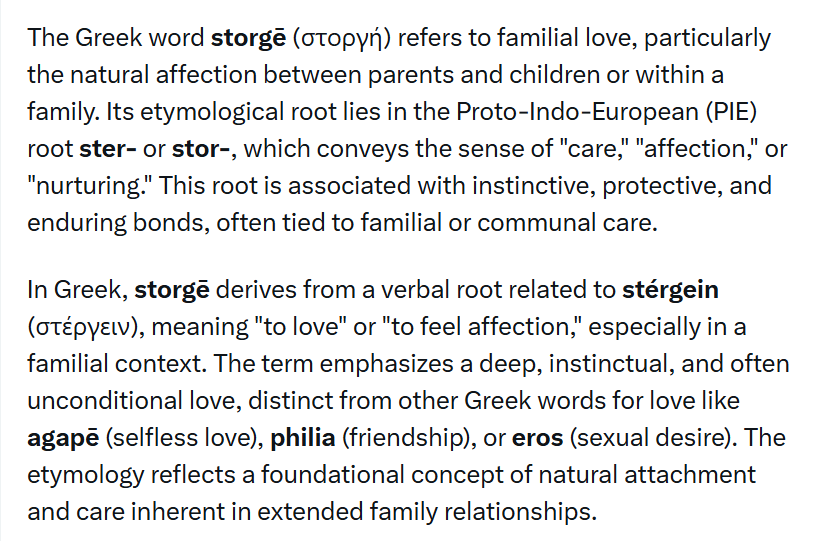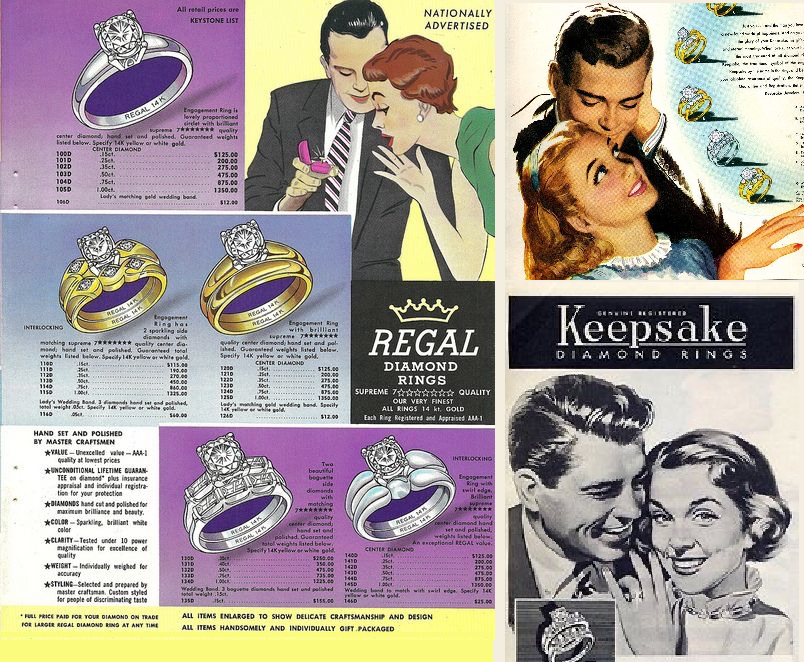The phrase “I am the table” is often heard in casual settings—a humorous, sometimes exasperated retort from women when asked what they bring to a relationship. It captures a common sentiment: “I am the value by simply being here.” Often delivered with annoyance and an incredulous look—as if to say “isn’t it obvious”—the phrase reflects a deeper rhetorical stance rooted in feminist discourse and popular culture.
This kind of response can be heard from women across a wide variety of relationship styles: single women who don’t want children, women in polyamorous setups, women seeking cohabitation without marriage, and women aiming for traditional families. Across the board, many assert their mere presence—and perhaps companionship or sexuality—is the totality of what they bring. When that’s the case, it raises a sobering question: if you bring nothing else, are you not simply suggesting your companionship can be bought?
Beyond the humorous street-level rhetoric lies a serious argument: that women make profound sacrifices in motherhood. Sentiments like “I Carry the Child, Nurture Them, and Sacrifice My Career—Isn’t That Enough?” They carry the child for nine months, go through labor, and often stay home or reduce work hours to raise the child. For many women, that is the contribution. It’s often seen as proof that they are the table.
This is an important point, and it deserves to be acknowledged—but also contextualized.
Gold Pill Response: Shared Contributions and Mutual Respect
The Gold Pill perspective understands the physical and emotional investment involved in motherhood. But it also highlights a growing reality: fathers are nurturing, too.
Men feed babies, stay up through the night with a crying child, they teach values, comfort children through heartbreaks, and shape moral frameworks. What men do might not be visible in the earliest months—they don’t breastfeed or go through pregnancy—but they show up fully once the baby is born. Today’s modern father is not the 1950s breadwinner stereotype—he’s at school plays, on the soccer field, and in the kitchen proudly making grilled cheeses and helping with homework.
The idea that nurturing only comes from mothers is outdated. If men are to be treated as equal partners in raising children, then women cannot claim a monopoly on the value of parenting.
Insights from Warren Farrell: The Hidden Role of Fathers
In The Boy Crisis, Dr. Warren Farrell argues that boys—and children in general—thrive when fathers are involved. Fathers play a vital role in teaching boundary enforcement, emotional resilience, risk management, and character development. A father’s presence leads to better outcomes in school, in friendships, and in long-term mental health.
What’s more, when men are active parents, they are not “helping.” They are parenting. And yet, the cultural narrative often renders male parenting invisible. Farrell’s work demands that we see fatherhood not as optional support, but as essential and equal.
The Rhetoric of Elizabeth Cady Stanton: A Call to Equality—Then and Now
From the very beginning, the women’s liberation movement carried contradictions. Even at the Seneca Falls Convention in 1848, Elizabeth Cady Stanton called for women to enter partnerships as equals—not dependents—but the rhetoric masked a deeper tension. While Stanton spoke of independence through education and moral agency, that vision coexisted with appeals for special treatment based on women’s vulnerability. It was a call for strength… wrapped in damseling.
And yet, that’s the version we were sold—that the women’s movement was about equality. Equal rights. Equal responsibilities. Mutual respect. But somewhere along the way, that ideal was quietly swapped out. What we have now is a bait-and-switch: women claim equality when it benefits them… and retreat to traditional protections when it doesn’t. It’s Schrödinger’s feminism—empowered and fragile at the same time, depending on what’s most convenient in the moment.
This inversion of equality isn’t just dishonest—it’s corrosive. It trains men to accept less, give more, and apologize for wanting reciprocity. Simping isn’t just encouraged… it’s institutionalized.
The Gold Pill calls the bluff. We’re not rejecting equality—we’re insisting it be real. Real respect. Real contribution. No more unearned praise for simply showing up. If we’re going to build relationships that work, both people have to bring something to the table—not just presence, but value.
Insights from Men’s Rights and MGTOW Voices
Peter Wright, founder of Gynocentrism.com, and Paul Elam, a leading figure in the Men’s Human Rights Movement, both highlight how societal expectations often place men in roles of unreciprocated obligation. In their work, men are frequently treated as utilities—providers, protectors—without acknowledgment of their emotional or nurturing capacity.
Interestingly, Wright points out that many MGTOWs still enter relationships—but on self-determined terms. They demand agreements. Clarity. Respect. The Gold Pill stands with this ethos: be in relationships if you want, but don’t do it blindly or without equity.
The Cultural Conversation: Are We Still Incentivizing Marriage?
As relationship dynamics evolve and legal risks increase for men, a pressing question emerges: what’s in it for him?
Popular podcasters like Chris Williamson have begun tackling this question directly. Through interviews with family lawyers, psychologists, and cultural critics, he explores why many men are opting out of marriage—and what changes might bring them back to the table.
Many of these guests, including prenup experts and former divorce attorneys, emphasize a consistent theme: men want fairness, boundaries, and clear expectations. They don’t want to fund lifestyles indefinitely without receiving something meaningful in return—not just emotionally, but practically.
Reconsidering Love Beyond the Romantic Ideal
Understanding this requires reconsidering what love means today—beyond the romantic ideal force-fed to us by movies, advertising, and cultural narratives. Peter Wright, a thinker and commentator, explores this idea deeply, showing how expanding our view of love can reshape expectations and relationships.
The ancient Greeks had a far richer vocabulary for love than the modern notion of romance.
They distinguished between:
• Storge: familial love that grows gradually and forms the strongest foundation for long-lasting relationships.
• Pragma: practical love that nurtures daily life, supporting partnership through routine, compromise, and shared goals.
• Philia: deep friendship, companionship, and mutual respect.
• Eros: passionate, sexual desire.
These various forms of love coexist and enrich a relationship. Recognizing this spectrum helps men—and future Gold Pill adherents—understand that love does not have to be the dramatic, narcissistic romance that often sets unrealistic expectations and leads to disappointment.
Conclusion: Building the Table
The Gold Pill philosophy isn’t about cold contracts or distrust. It’s about love with clarity.
Yes, nurture the child. Yes, support each other. But also: talk. Plan. Agree. Value each other as equals. Don’t disappear into archaic assumptions—whether that’s a woman expecting to be provided for without question or a soft woman embracing her feminine energy.
This is about mutual respect. Mutual sacrifice. Mutual building.
You are not the table.
We build the table together.
References
• Warren Farrell and John Gray, The Boy Crisis, BenBella Books, 2018.
• Peter Wright, Gynocentrism.com, 2014.
• Paul Elam, A Voice for Men, AVFM Press.
• Elizabeth Cady Stanton, “Declaration of Sentiments,” Seneca Falls Convention, 1848.
• Chris Williamson, Modern Wisdom podcast.
**Ahmed Mohtaseb is a new and upcoming writer, for more from him, please visit his Medium page at: GOLD PILL VOICE.










